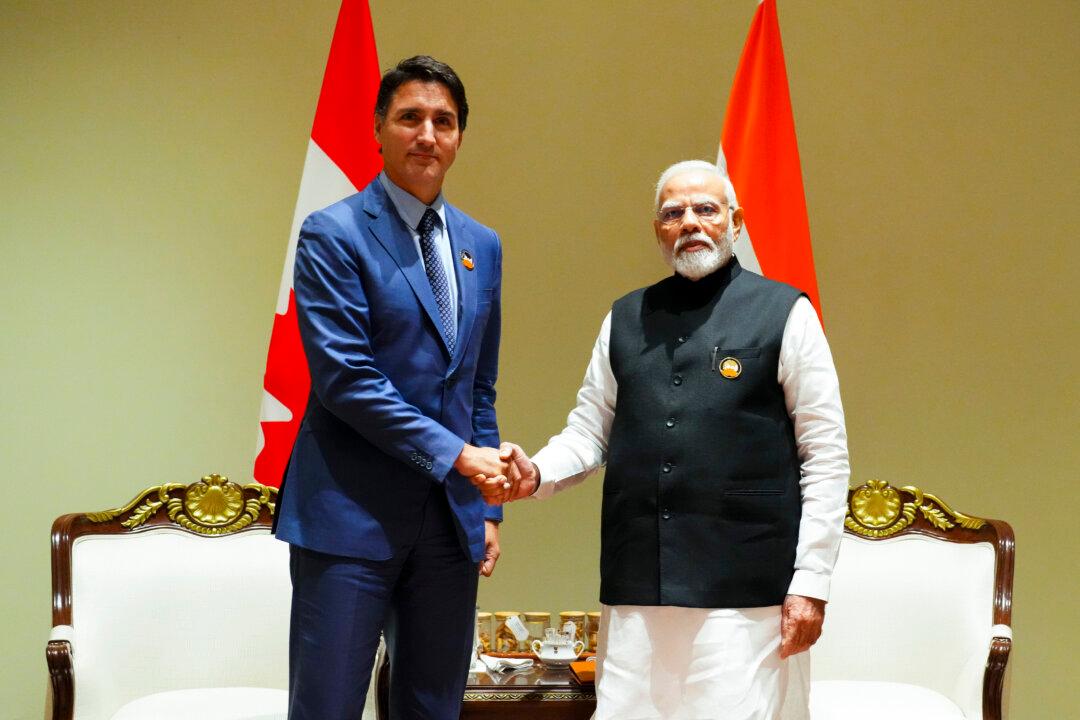Prime Minister Justin Trudeau says he raised the issue of foreign interference with Indian Prime Minister Narendra Modi during his visit to New Delhi, as Canada prepares to launch a public inquiry into the matter.
“Diaspora Canadians make up a huge proportion of our country, and they should be able to express themselves and make their choices without interference from any of the many countries that we know are involved in interference challenges,” Mr. Trudeau said on Sept. 10 in his post-G20 press conference.





